Premium Only Content
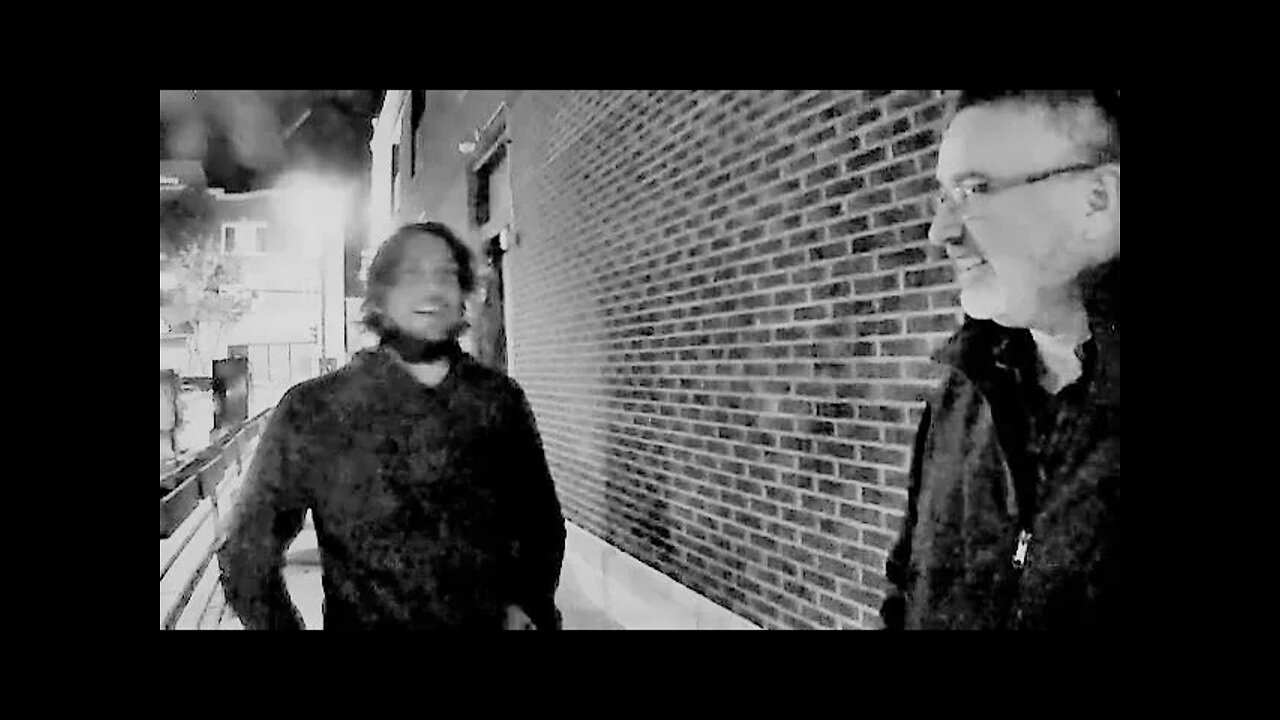
Evidence For Atheists
How did we as a nation get so polarized? How is it that we all have much the same evidence available to us, but reach such different conclusions that we now feel so divided between red and blue, conservative and progressive, religious and secular, and, ultimately, good and evil, with all of us feeling like we the ones who are on the good side?
I think there is a big clue from my recent conversation with Brian, myself as a committed Christian and he as an equally committed atheist.
I think both Brian and I would agree that God’s existence can’t be proven, scientifically, one way or another. The best we can do is to put together a body of evidence, or clues, both for and against God’s existence. Then, based on a consideration of the clues, putting them on a sort of balance scale if you will, we can reach our own conclusions. At least that way if we disagree in our conclusions we might at least be able to see some of the reasons people have for being on the other side.
But Brian had an interesting response when I asked a question about this “body of evidence”. Instead of asking him for his reasons NOT to believe in God, I asked him for the evidence he was aware of FOR belief in God.
He couldn’t think of any.
What this tells me is that his rational, scientific approach may not be as unbiased as it pretends to be. Given the vast majority of people in the world who are at least “theists”, it would be pretty biased and arrogant to be so sure of one’s atheism that the evidence from the other side won’t even be considered.
As we were talking I knew that one of the divisions in our society is between the secular and the sacred, and that Brian probably had not had much recent exposure to consider clues in favor of God’s existence. So I began to tell him about Christian apologetics as a way to consider the evidence and clues in favor of belief in God and Christianity, and offered a book to help him consider the evidence.
I wasn’t surprised that he declined to take it. This is a pattern among atheists and sceptics.
However, if he had offered me a similar book of atheist “apologetics”, or a collection of arguments and evidence for atheism, and there are many popular titles and authors out there right now, I wouldn’t have taken it either.
We have both made up our minds, are pretty much set in our ways, and any consideration of the evidence for the other side would likely be seen by each of us as a waste of time.
That said, I do think that American Christians are more aware of the opposing arguments than atheists are. It comes from living in our secular society. It’s pretty hard to avoid atheistic and secular arguments as they are constantly pushed on us by education, advertising, entertainment and social pressure. I believe secular people, however, more often have to go out of their way to hear evidence and arguments in support of religious belief. They don’t have to go far, however, so just as Brian had rejected my offer of a free book, they too often avoid evidence and arguments that might challenge their secular presuppositions.
My challenge to all of us, sceptics, atheists, and believers alike, is to consider both sides of the arguments, not for an ultimate proof one way or another, but for reasons both for and against your position so that we as a society can be less polarized and more understanding of one another.
-
 LIVE
LIVE
Akademiks
4 hours agoWAR IN ATLANTA Episode 5. YOUNG THUG FIRST INTERVIEW about SNITCHING, GUNNA... BREAKS DOWN CRYING!
12,977 watching -

SpartakusLIVE
8 hours agoVerdansk Duos w/ Nicky || Saturday Spartoons - Variety Later?!
44.3K -
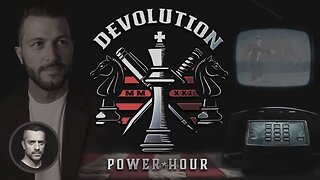
Badlands Media
22 hours agoDevolution Power Hour Ep. 387
59.9K7 -
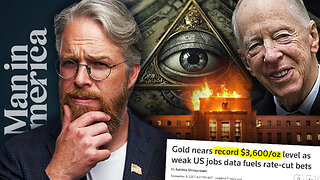 1:05:23
1:05:23
Man in America
11 hours agoSoaring Gold Exposes the Imminent Crash of the Old System w/ John Perez
30.8K4 -
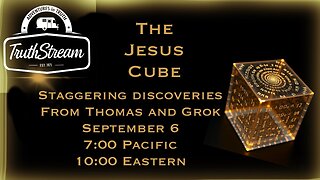 LIVE
LIVE
TruthStream with Joe and Scott
11 hours agoTHOMAS AND GROK: AI, Bible decodes, The JESUS Cube live 9/6: 7pm pacific 10 pm Eastern
480 watching -
 LIVE
LIVE
BlackDiamondGunsandGear
6 hours agoGet Prepped / After Hours Armory / LIVE SHOW /
73 watching -

Tundra Tactical
5 hours ago $2.93 earned🛑LIVE NOW!! This spits in the face of the Second Amendment.🛑
15.8K -
 LIVE
LIVE
DLDAfterDark
3 hours ago $0.62 earnedIt's SHTF! Do You Have What You Need?? Let's Review Items & Priorities
137 watching -
 28:58
28:58
Stephen Gardner
4 hours ago🚨Explosive allegations: Rosie O’Donnell connects Trump to Epstein scandal!?
20K46 -
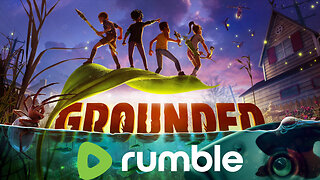 LIVE
LIVE
SavageJayGatsby
1 day agoSpicy Saturday | Let's Play: Grounded
444 watching